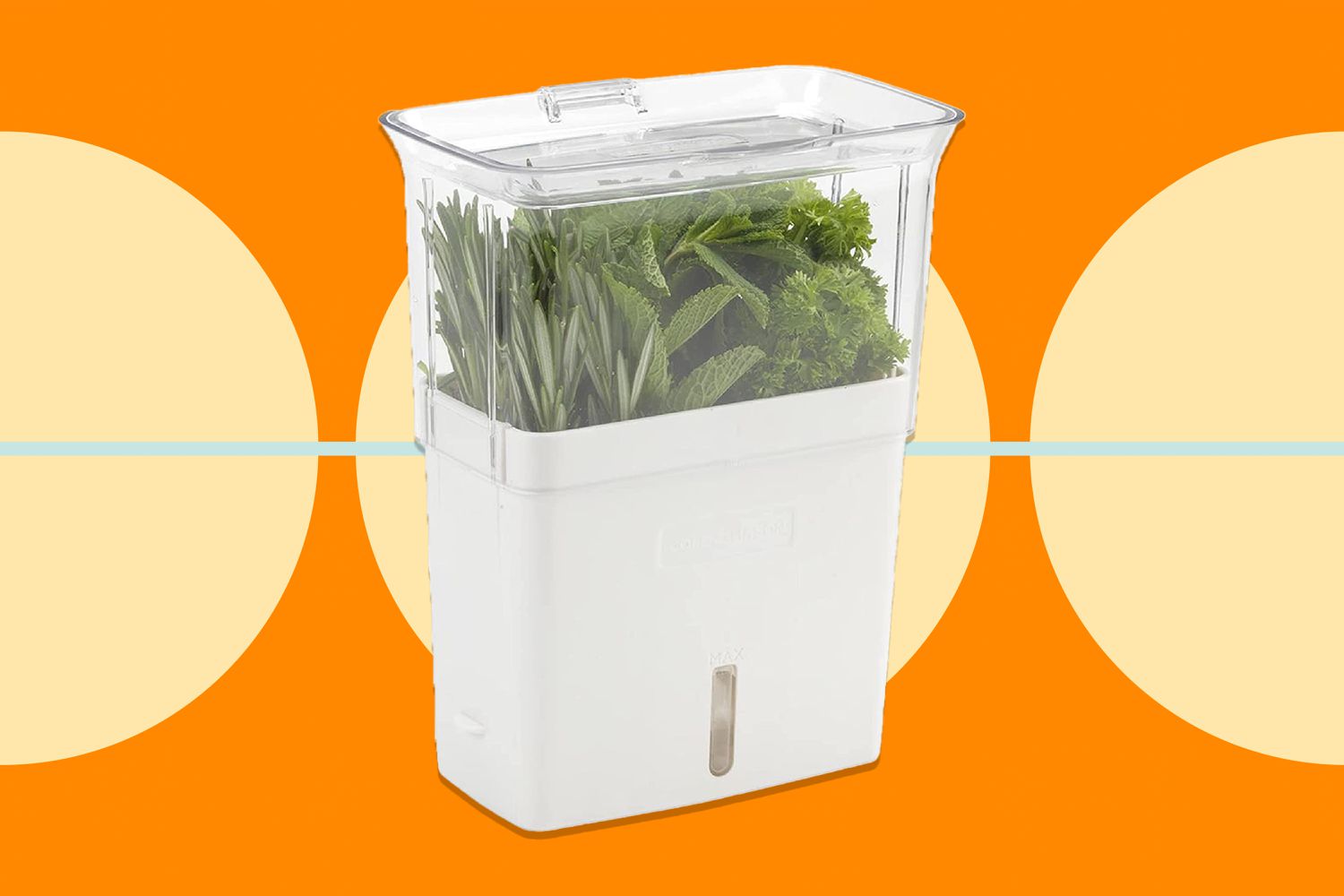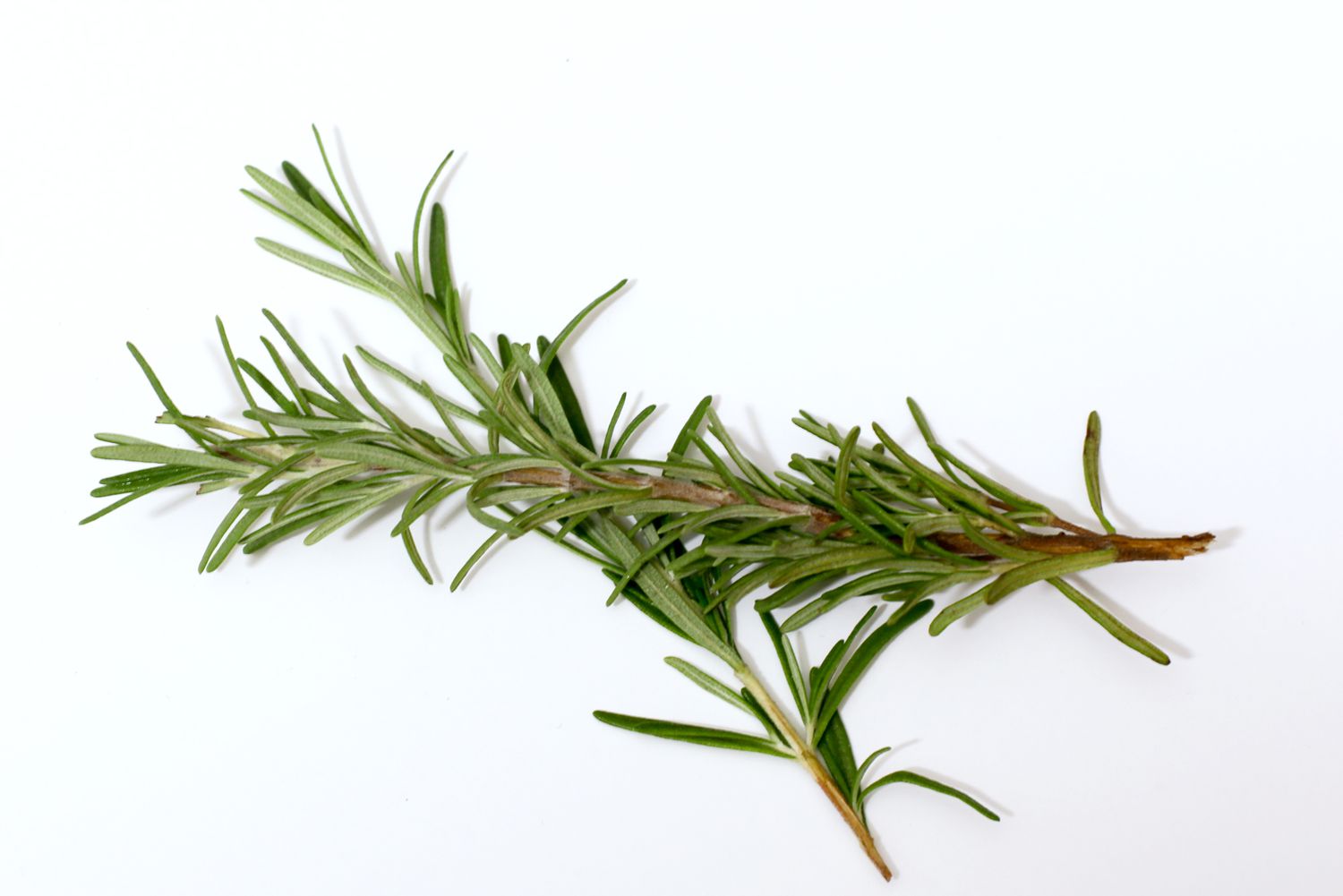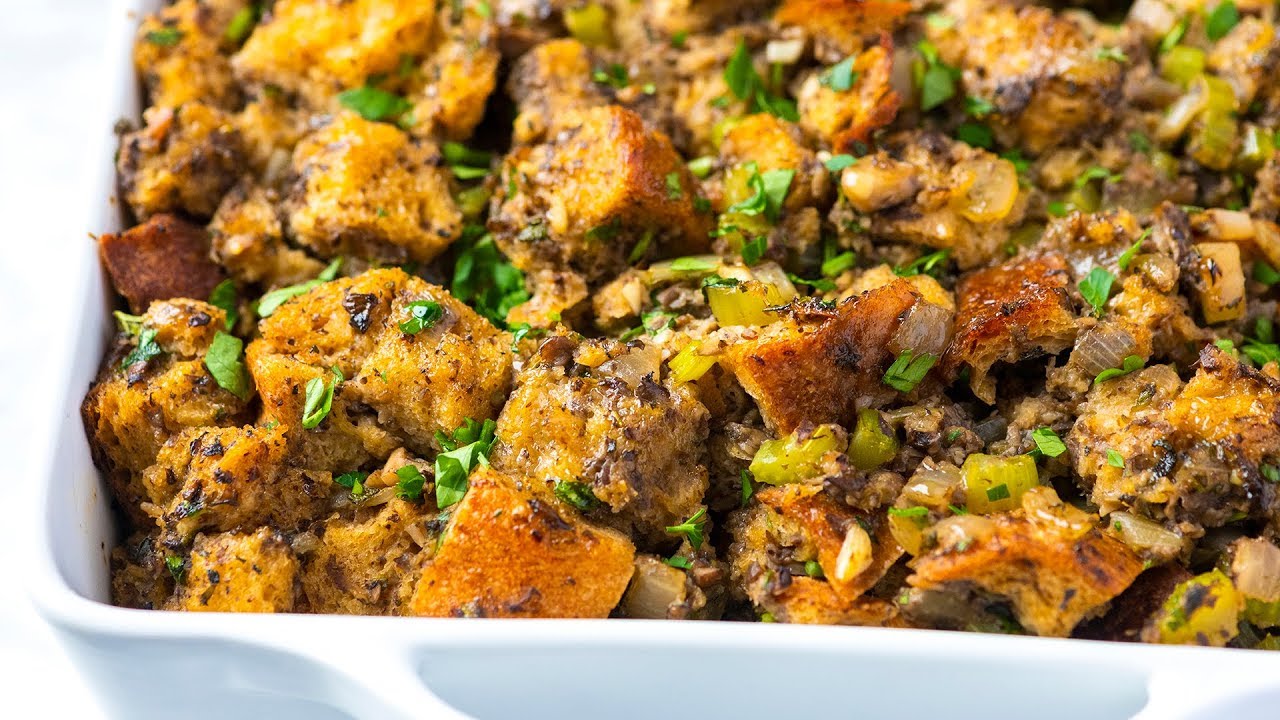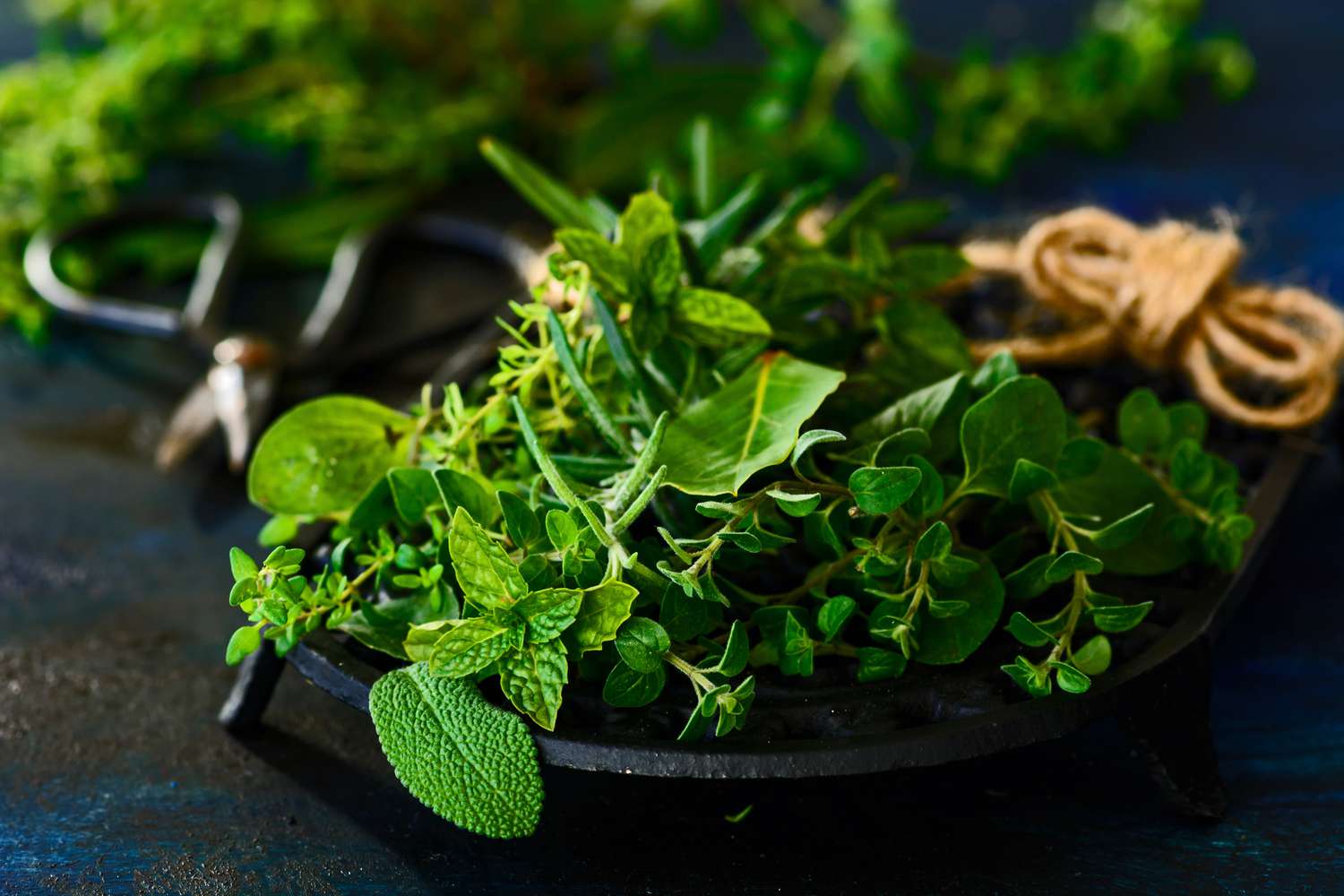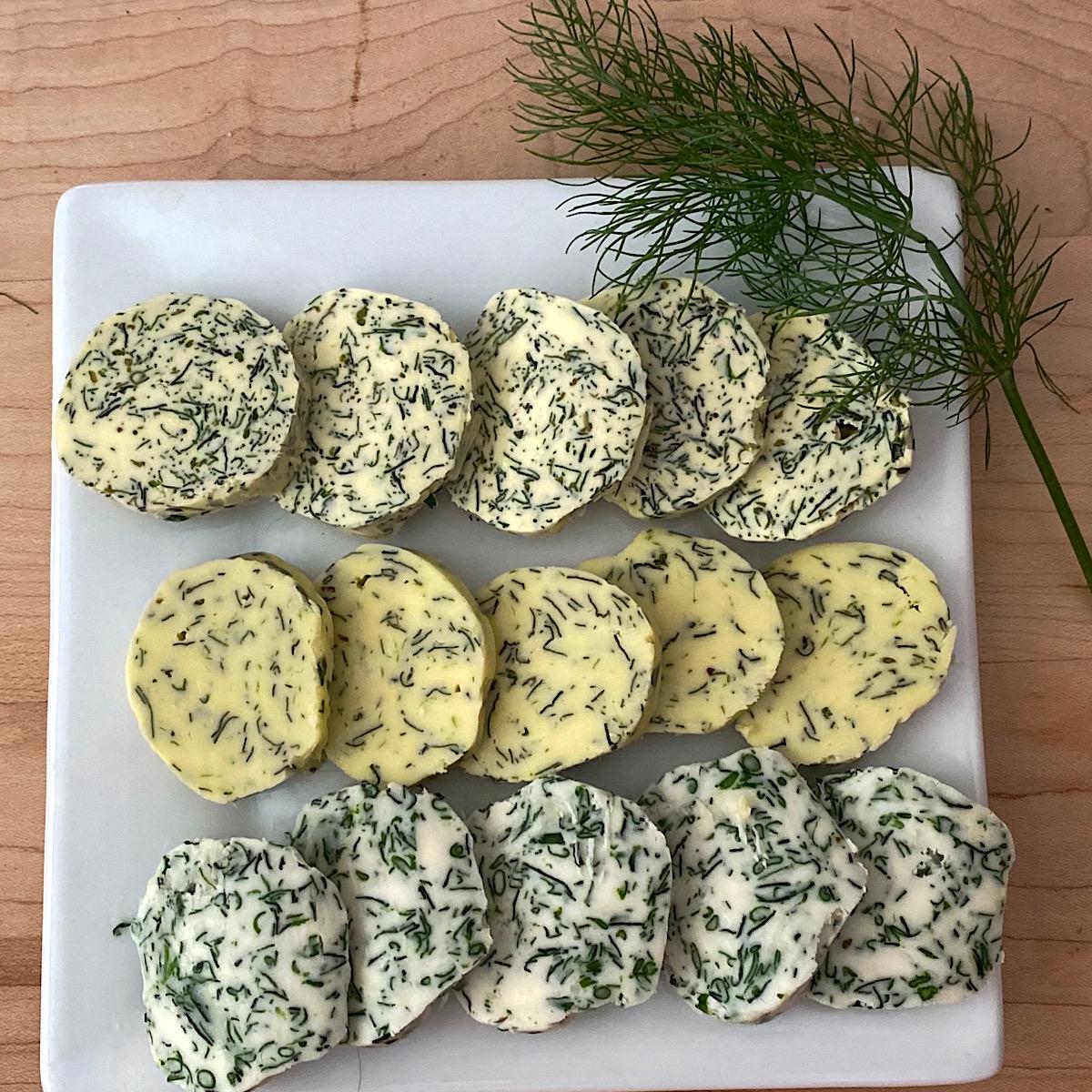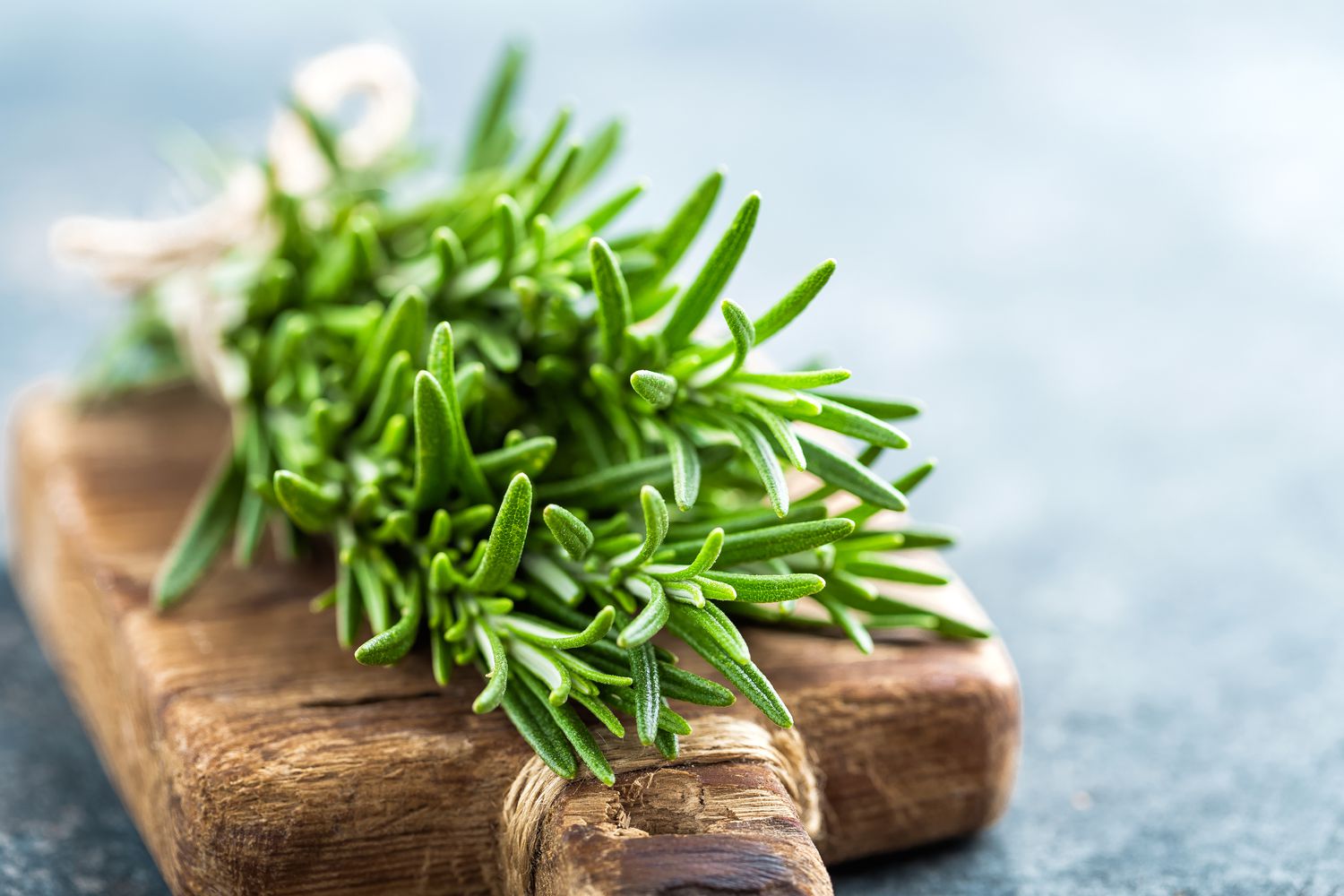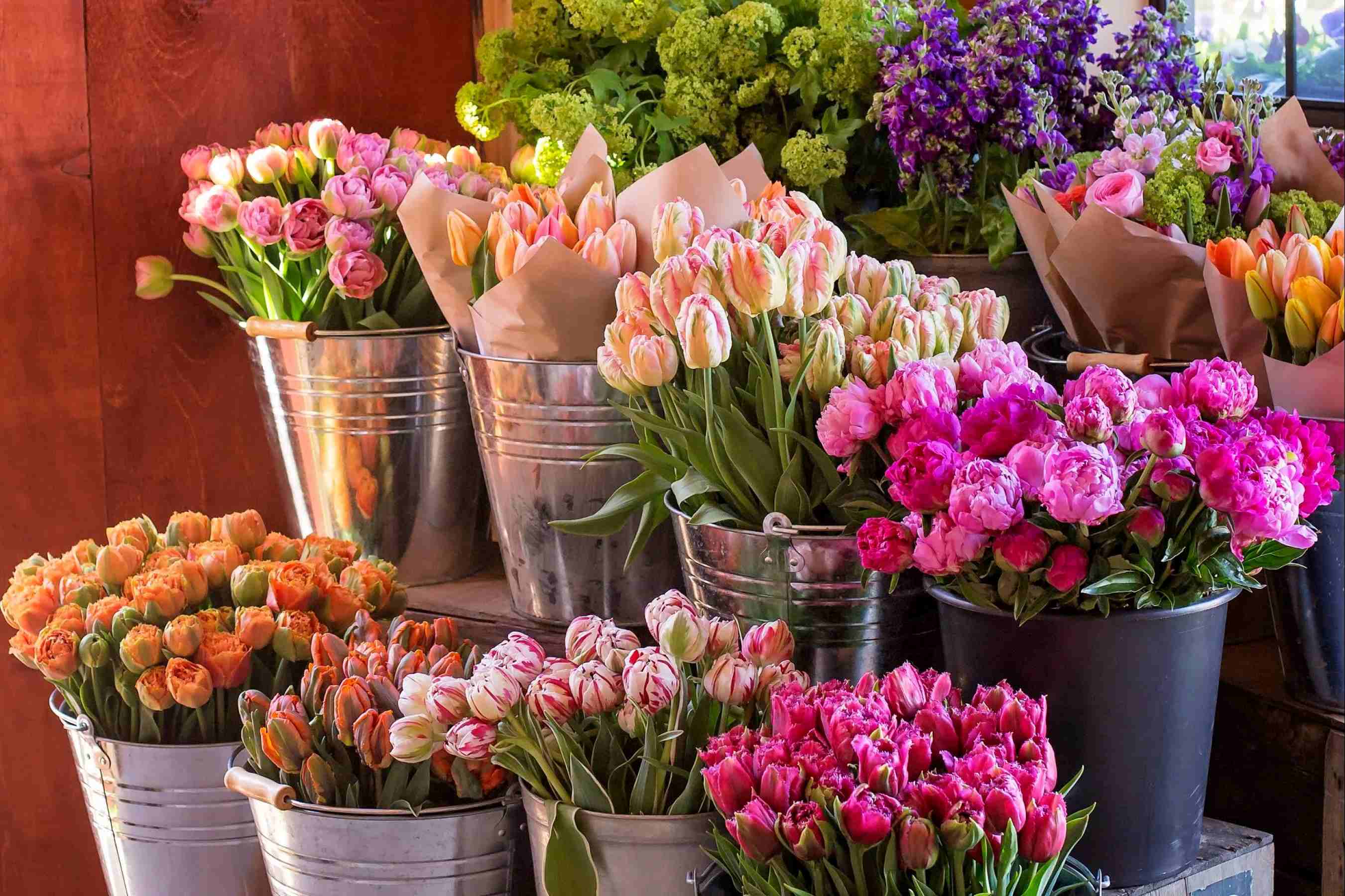Home>Gardening News and Trends>Latest News>What To Do With Leftover Fresh Herbs
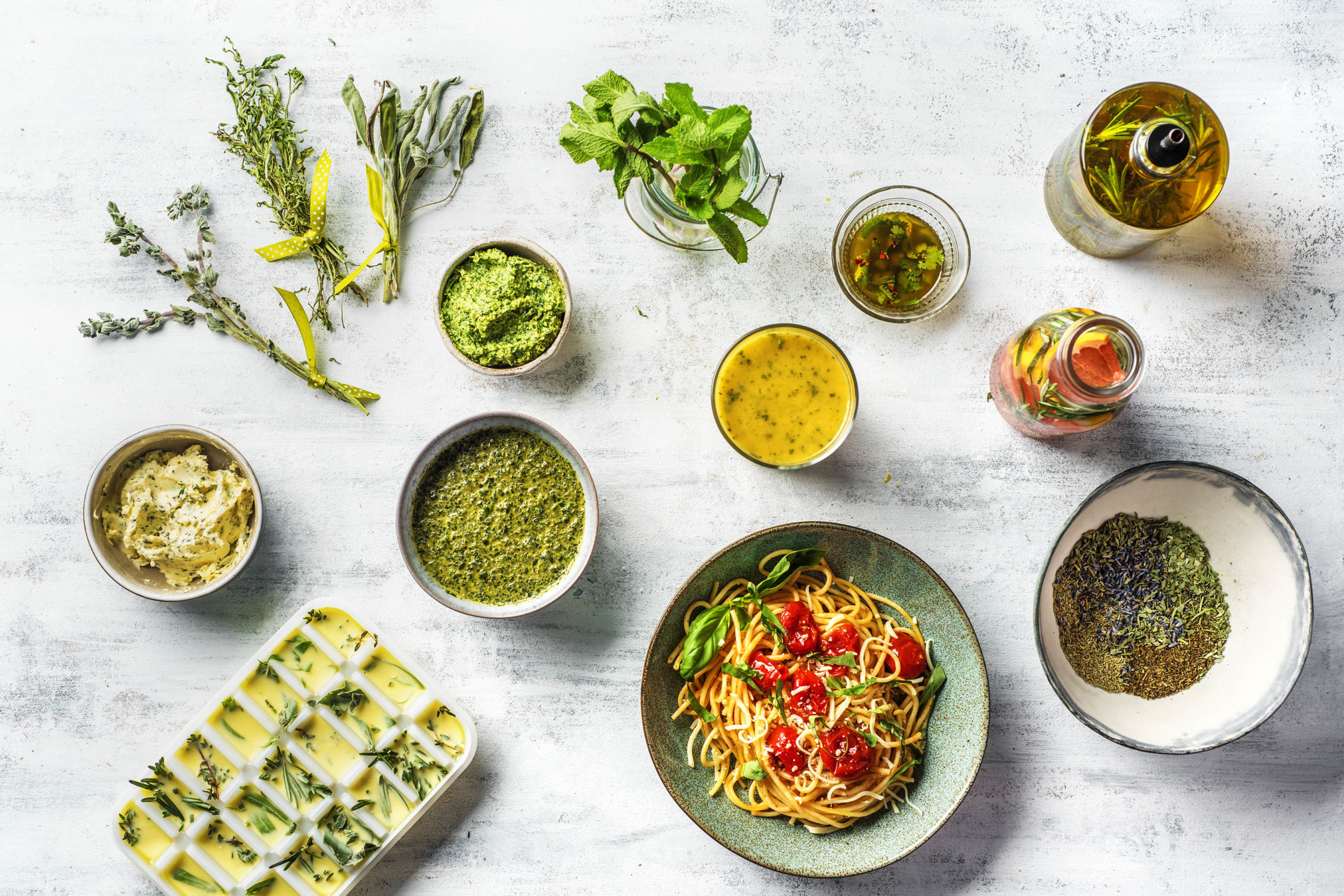

Latest News
What To Do With Leftover Fresh Herbs
Modified: January 22, 2024
Discover creative and delicious ways to use up your leftover fresh herbs with the latest news on how to incorporate them into your favorite dishes.
(Many of the links in this article redirect to a specific reviewed product. Your purchase of these products through affiliate links helps to generate commission for Chicagolandgardening.com, at no extra cost. Learn more)
Table of Contents
Introduction
When it comes to cooking, fresh herbs are a great way to add flavor, aroma, and a touch of sophistication to any dish. However, it’s not uncommon to find ourselves with leftover herbs after preparing a meal. The question then arises: what should we do with these unused herbs?
Leftover fresh herbs often end up forgotten in the refrigerator, slowly wilting until they become unusable and are inevitably discarded. It’s a waste of resources and a missed opportunity to elevate our culinary creations. But fear not! There are countless creative and practical ways to make the most of those neglected sprigs of freshness.
In this article, we will explore the various benefits of using leftover fresh herbs and provide you with some innovative ideas and recipes to help you put those herbs to good use. We’ll also discuss proper methods for storing herbs to extend their shelf life and keep them at their best.
So, if you’ve ever found yourself wondering what to do with leftover fresh herbs, sit back, relax, and let’s dive into the wonderful world of flavorful possibilities!
Why Fresh Herbs Go Unused
It’s no secret that fresh herbs can bring a burst of flavor to any dish. So why do they often end up sitting untouched in our kitchens?
One reason is that many recipes call for only a small amount of herbs, leaving us with leftover sprigs that are difficult to utilize fully. This can be especially true if you don’t have a kitchen garden or access to a variety of herbs, as store-bought bundles often come in more significant quantities than needed for a single recipe.
Another factor is the misconception that herbs have a short shelf life. While it’s true that herbs are perishable, proper storage techniques can help to extend their usability. Without this knowledge, it’s easy to assume that the herbs will go bad before we have a chance to use them, causing them to go unused.
Furthermore, some people may be unsure of how to incorporate herbs into their meals creatively. While they may know that herbs can enhance the flavor of dishes, they may lack inspiration or knowledge about which herbs to pair with specific ingredients.
Lastly, time constraints can also contribute to herbs going unused. In our fast-paced lives, it can be challenging to find the time and energy to experiment with new recipes or get creative in the kitchen. As a result, herbs often take a backseat, left forgotten in the fridge.
Understanding these reasons can help us find ways to overcome these obstacles and ensure that our fresh herbs are put to good use, eliminating waste and maximizing flavor in our cooking.
Benefits of Using Leftover Fresh Herbs
Before we delve into the creative ways to use leftover fresh herbs, let’s explore the benefits of incorporating them into our cooking:
- Reduced Food Waste: By utilizing leftover fresh herbs, we contribute to reducing food waste and environmental impact. Instead of letting them go unused and eventually discarding them, we can give them a new purpose and make the most of our ingredients.
- Enhanced Flavor: Fresh herbs have the power to elevate the taste profile of a dish. They provide depth, complexity, and brightness, enhancing the overall flavor experience and making even the simplest meals more enjoyable.
- Nutritional Value: Fresh herbs are not just about flavor; they also offer various health benefits. Many herbs are packed with essential vitamins, minerals, antioxidants, and phytochemicals that can support our overall well-being.
- Cost-Effective: Herbs can be expensive when bought in large quantities but using them wisely can stretch your herb budget. By utilizing leftover herbs, you save money by minimizing waste and maximizing their potential.
- Culinary Creativity: Experimenting with different herbs allows you to unleash your culinary creativity. You can explore new flavors, combinations, and techniques, broadening your cooking skills and adding excitement to your meals.
- Sustainable Living: Using leftover herbs aligns with a sustainable lifestyle by making the most of what we have. It promotes mindful cooking and encourages us to maximize our resources while reducing our environmental footprint.
With these benefits in mind, we can see that using leftover fresh herbs is not only practical and economical but also enhances the taste and nutritional value of our meals. So, let’s dive into some creative ways to put those unused herbs to good use!
Creative Ways to Use Leftover Fresh Herbs
Now that we understand the benefits of using leftover fresh herbs, let’s explore some creative ways to incorporate them into our culinary adventures:
- Herb-infused oils or vinegars: Use leftover herbs to make flavorful infused oils or vinegars. Simply combine herbs with olive oil or vinegar, let them steep for a few weeks, and strain. The resulting infused liquids can be used as dressings, marinades, or finishing touches for your dishes.
- Herb butter: Blend chopped herbs into softened butter, roll it into a log, and refrigerate or freeze. Herb butter can be added to grilled meats, spread on bread, or melted on vegetables for an extra burst of flavor.
- Herb pesto: Create a vibrant herb pesto by blending leftover herbs, nuts, garlic, cheese, and olive oil. Use it as a spread, mix it into pasta, or toss it with roasted vegetables for a delicious and versatile sauce.
- Herb-infused salts: Combine leftover herbs with coarse salt to create herb-infused salts. These flavorful salts can be used to enhance the taste of meats, fish, roasted vegetables, or even sprinkled over popcorn for a tasty twist.
- Herb-infused water or cocktails: Add leftover herbs to water or cocktails for a refreshing twist. Mint, basil, or rosemary make excellent choices and can elevate the flavor profile of your drinks.
- Herb rubs and marinades: Create herb rubs or marinades by combining leftover herbs with spices, garlic, and oil. Use them to season meats, fish, or vegetables before grilling, roasting, or sautéing.
- Herb garnishes: Finely chop or tear the herbs and use them as garnishes for soups, salads, tacos, or even cocktails. They can add a pop of color and freshness to your dishes.
These are just a few examples of the many ways you can use leftover fresh herbs. Don’t be afraid to get creative and experiment with different combinations and techniques. The possibilities are endless!
Recipes to Utilize Leftover Fresh Herbs
To inspire you further, here are some delicious recipes that make great use of leftover fresh herbs:
- Herb Roasted Chicken: Rub a whole chicken with a mixture of minced herbs, garlic, lemon juice, olive oil, salt, and pepper. Roast it in the oven until golden and cooked through. The result is a flavorful and aromatic chicken that will impress your dinner guests.
- Pasta with Herb Sauce: Cook your favorite pasta al dente. In a blender, combine leftover herbs (such as basil, parsley, or cilantro), garlic, Parmesan cheese, pine nuts, olive oil, and a pinch of salt. Toss the cooked pasta in the herb sauce and serve with a sprinkle of additional herbs on top.
- Herb Salad Dressing: In a small jar, combine minced herbs (such as dill, chives, or tarragon), Dijon mustard, honey, lemon juice, olive oil, salt, and pepper. Shake well to emulsify the dressing. Drizzle it over your favorite salad greens and enjoy a fresh and flavorful salad.
- Herb Potato Wedges: Cut potatoes into wedges and toss them with a mixture of minced herbs, garlic powder, paprika, salt, and olive oil. Bake the potato wedges in the oven until crispy and golden. Serve them as a delicious side dish or snack.
- Herb and Cheese Stuffed Mushrooms: Remove the stems from large mushrooms and fill the caps with a mixture of minced herbs (such as thyme, rosemary, or sage), cream cheese, grated Parmesan cheese, breadcrumbs, garlic, and salt. Bake the stuffed mushrooms until the filling is melted and golden.
- Herb-Crusted Fish: Combine minced herbs (such as parsley, basil, or dill) with breadcrumbs, lemon zest, salt, and pepper. Press the herb mixture onto fish fillets and pan-fry them until crispy and cooked through. Serve the herb-crusted fish with a squeeze of fresh lemon juice for a burst of flavor.
These recipes are just a starting point, and you can adjust them according to your taste preferences and the herbs you have on hand. Get creative in the kitchen, have fun experimenting, and savor the amazing flavors that leftover fresh herbs can bring to your meals.
Storing Leftover Fresh Herbs
Properly storing leftover fresh herbs is key to keeping them fresh and flavorful for as long as possible. Here are some tips:
- Refrigerator Storage: If your herbs still have stems, place them upright in a jar or glass of water and loosely cover the tops with a plastic bag. Change the water every few days. For leafy herbs like cilantro or parsley, you can wrap them loosely in a damp paper towel and store them in a resealable bag in the refrigerator.
- Freezing: Freezing herbs is a great way to extend their shelf life. Chop the herbs and place them in ice cube trays filled with olive oil or broth. Once frozen, transfer the herb cubes to a sealed container or bag. You can easily pop a cube or two into your dishes as needed.
- Drying: Hanging bundled herbs upside down in a dry, well-ventilated area can allow them to dry naturally. Once dry, remove the leaves from the stems and store them in an airtight container. Alternatively, you can use a dehydrator or the lowest setting in your oven to gently dry the herbs.
- Herb Butter Logs: Another way to store herbs is by making herb butter logs. Simply blend the herbs into softened butter, roll the mixture into a log using plastic wrap, and refrigerate or freeze for later use.
Remember to label your storage containers with the herb type and date to keep track of freshness. It’s also helpful to keep a running list of herbs you have stored to ensure you make good use of them before they lose their potency.
By using these storage methods, you can extend the life of leftover fresh herbs and have them readily available whenever you need a flavorful addition to your recipes.
Conclusion
Leftover fresh herbs should never go to waste. Instead of letting them languish in the refrigerator, take advantage of their amazing flavors and benefits. By incorporating them into your cooking, you can enhance the taste of your dishes, reduce food waste, and explore the endless possibilities of culinary creativity.
In this article, we explored the reasons why fresh herbs often go unused, including small recipe requirements, storage misconceptions, lack of inspiration, and time constraints. However, armed with the knowledge of the benefits of using leftover herbs, such as reduced waste, enhanced flavor, nutritional value, and cost-effectiveness, you now have the motivation to make the most of those neglected sprigs of freshness.
We also shared creative ways to amp up your culinary game by infusing oils, making herb butter, preparing herb pesto, and using herb-infused salts, among other suggestions. Additionally, we provided some tantalizing recipes to help you get started and discover new ways to incorporate leftover fresh herbs into your meals.
Lastly, we discussed proper methods for storing leftover fresh herbs, from refrigerator storage and freezing to drying and making herb butter logs. These techniques will help you extend the shelf life of your herbs, ensuring that they remain fresh and flavorful for future use.
So, the next time you find yourself with leftover fresh herbs, don’t let them go to waste. Get creative, experiment in the kitchen, and enjoy the delightful flavors and aromas that these herbs have to offer. Happy cooking!
